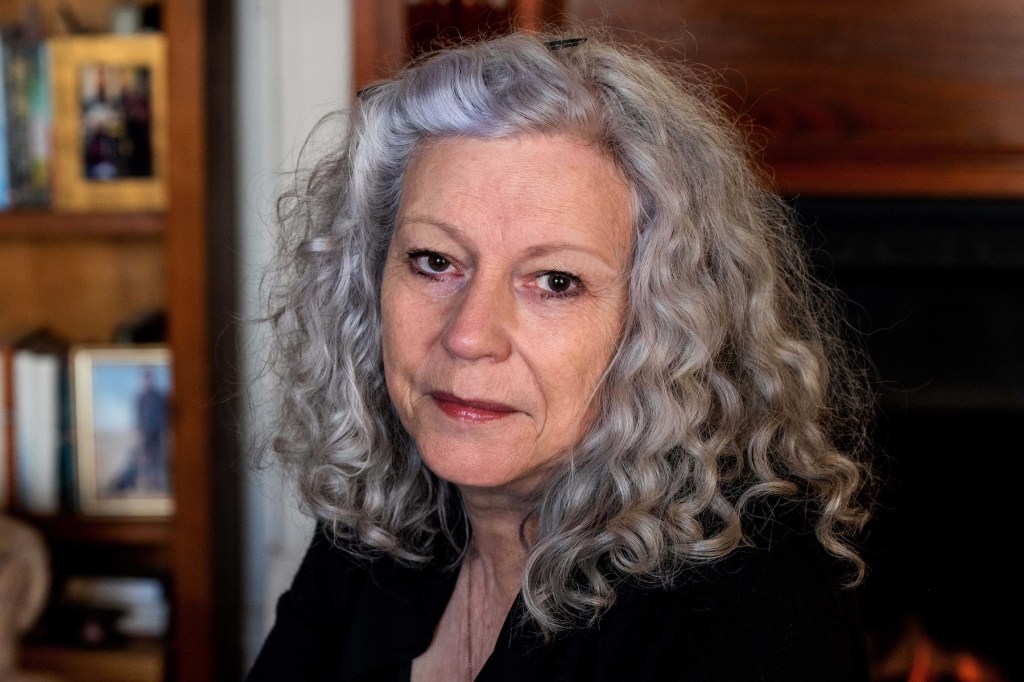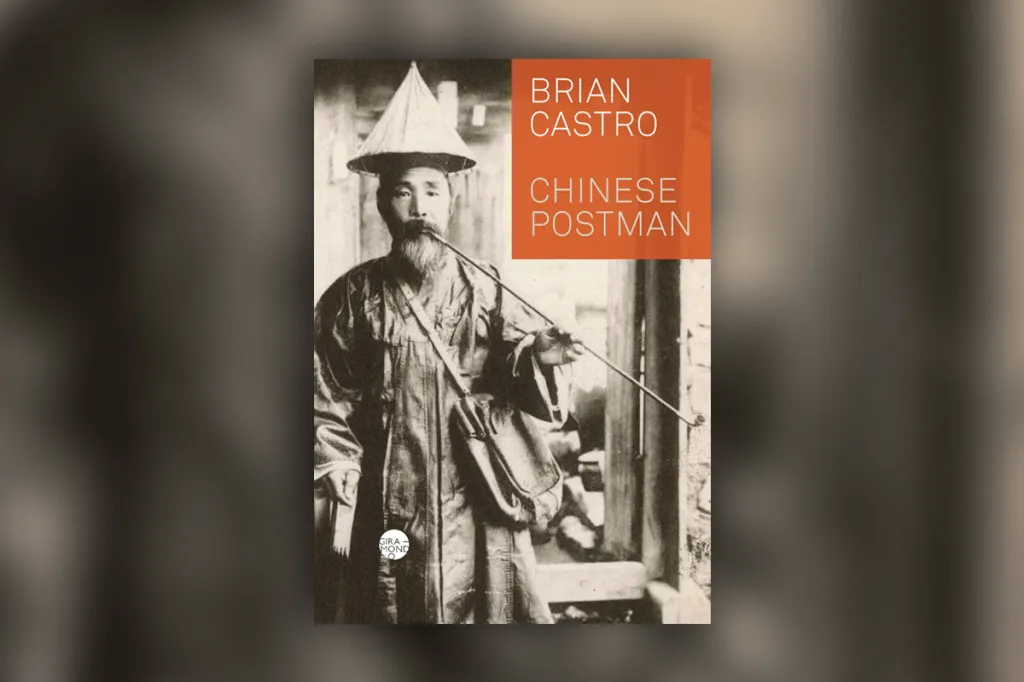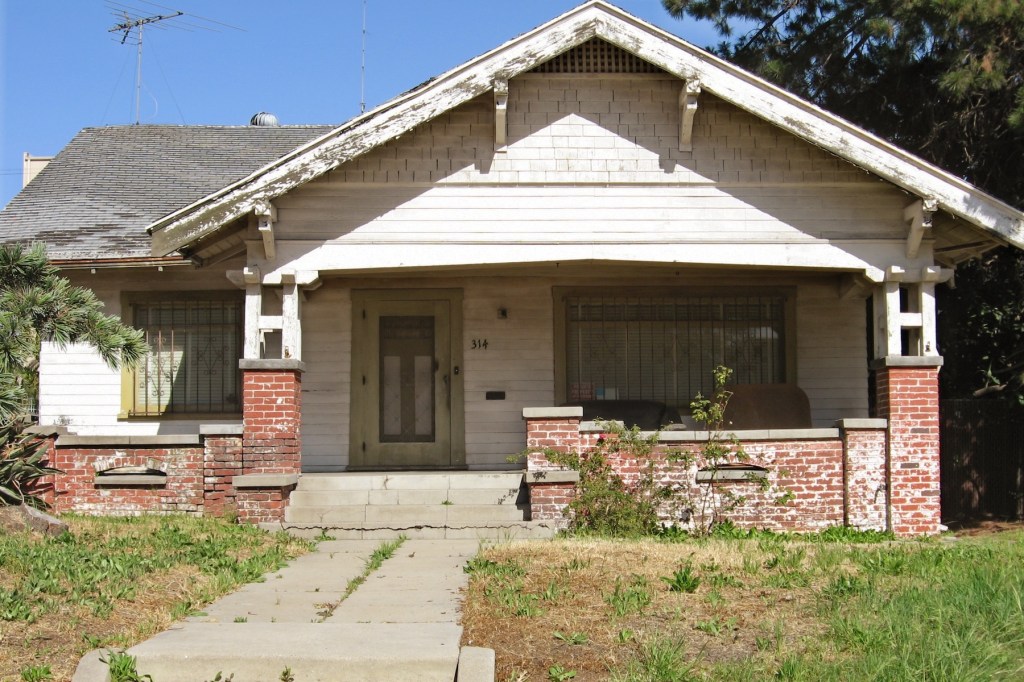‘Everybody is avoiding the word’: the changing seasons of Carol Lefevre
In her new memoir Bloomer, Carol Lefevre faces mortality, rejects ageism, and sounds a call to action for fellow Baby Boomers.

Carol Lefevre has noticed that the language of ageing can make people uncomfortable. Even her morning ritual — a popular New York Times puzzle app — seems to shy away from the subject.
“The Wordle bots suggest ‘crane’ as the ideal word,” she laughs. “But I like ‘crone’.”
The award-winning South Australian author was born on New Year’s Day, 1951, and seven decades later faced a milestone of almost biblical proportions as 2021 broke.
“Seventy is like a border,” Lefevre tells InReview. “You’re going to have to make this crossing, and there’s no guidebook for what will happen on the other side — or even how to navigate it.”
For Lefevre, the year brought even greater challenges. Before the summer heat had broken, her beloved mother died. Then, while still reeling from this enormous loss, she was hit with a series of grave health crises.
Lefevre’s latest book, Bloomer: Embracing a late-life flourishing, charts her research and thinking over a full calendar year.
Over the course of those tumultuous four seasons, Lefevre traces her experience of turning 70 and the deep thinking catalysed by grief and the need to acknowledge her own impermanence. Structured around the change of seasons within her walled cottage garden in suburban Adelaide, Lefevre uses her observations of the natural world as a framework to support her meditations on ageing and death.
As the seasons change in her garden, she delves into the way ageing bodies and minds are treated in philosophy, religion, history, psychology and the modern health care system.
“There are some difficult things to be talked about when you’re talking about old age, or even not so [much] old age, just death and dying. So, I thought it would be a bit of relief for the reader to have the gentleness and safety of [the garden] following something that might be particularly hard.”
Lefevre was no stranger to thinking about the realities of ageing and the way our society treats its elder citizens. In her previous novel, The Tower, she explored the many disempowering assumptions our culture harbours around old age. With this novel, Lefevre was filling a serious gap she had noticed in modern literature: the absence of older female protagonists.
When the novel was finished, Lefevre found she still had a great deal more to say on the subject.
“The journey towards writing this memoir began before The Tower. Because as I was approaching 70 I began to notice the absence of older women in literature — except as the most awful stereotypes like the interfering, opinionated mother-in-law or faded beauties.
“And these characters didn’t tally up with the older women I know in real life, women who are very capable and often sustaining older parents and supporting younger children. So, I made a conscious effort at that point to start reading books by and about older women.”
While much of Bloomer consists of Lefevre’s own beautifully composed observations and research, she also sought out the wisdom of others.

A snapshot from Lefevre’s garden. Photo: Supplied
“Ageism is the most widespread form of discrimination, and it’s still perfectly acceptable to say terrible things about people based on their age. Ageism affects young people as well as old people. You can be considered too young for something just as much as too old.”
Lefevre is passionate about the fight against age discrimination, quoting a recent World Health Organisation study on ageism.
“If ageism is internalised, like thinking ‘I’m too old, I’m past this, I can’t do that’ it can shorten your lifespan by up to 7.5 years.”
Lefevre hopes that Bloomer will ignite a fire in readers’ bellies — especially among Baby Boomers who may have outgrown their generations’ activist roots.
Subscribe for updates
"“The Boomer Generation knows the future doesn’t go on without an end.”"
Boomers might have become easy targets for a great deal of inter-generational ire, but Lefevre wants her compatriots to remember that they were forged in the 1960s, and carry a legacy of protest and peaceful resistance.

Bloomer: Embracing a late-life flourishing (Affirm Press)
“When the 1960s came with its music, its fashion and cultural revolution, we embraced it. I want to remind this generation that they once knew how to protest. They marched against war. They marched against nuclear weapons. They marched against damming the Franklin River.”
“I feel very strongly that our generation is the only one that can make change in the narrative around ageing. Because young people aren’t thinking about it yet. They’re still in that phase of their lives where the future goes on forever. And you wouldn’t want to rob them of that. But the Boomer Generation knows the future doesn’t go on without an end.”
Even after she finished writing the book, Lefevre realised the fire in her belly had not dimmed.
Her next battle? Changing societal attitudes by transforming the way we speak about old age.
"“We need to remake it. Reclaim it. I call myself an old woman now because it’s simply what I am.”"
“Everybody is avoiding the word ‘old’. But I think we should be able to reclaim that word. It should not be an insult. It’s simply descriptive. When I was younger, if I called myself a young woman, nobody would have anything to say about it. But if I say I’m an old woman it sounds patronising and insulting. Crone- like.
“I think in order to diffuse old as an insult we need to remake it. Reclaim it. I call myself an old woman now because it’s simply what I am.”
Even if Wordle sometimes resists her choices.
“I’ve just started looking into Carl Jung’s thoughts on aging,” she reflects. “He compared life to the passing of a day. Youth is the morning, midlife is noon, and then old age is the afternoon. And he said that the afternoon is every bit as valuable as the morning.”
“And Jung also said nature would not have given us these decades beyond midlife for no purpose. So that’s the other question that’s at the heart of Bloomer: what is the purpose of old age?”
For Lefevre the answer is that the road keeps going. The final decades are still a time of growth and learning.
“I think that these years can be very, very good years.”
Bloomer: Embracing a late-life flourising (Affirm Press) is out now.
An exhibition of work by Margaret Ambridge featured in Bloomer will be exhibited from April 3 – 6 2025 at Mezzanine 55, Kent Town

